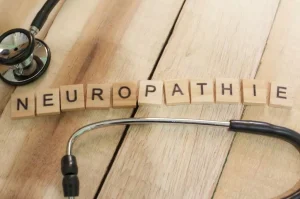
Other symptoms can be life-threatening and include vomiting, heart palpitations or rapid heart rate, confusion, hallucinations or seizures. Alcohol withdrawal can be deadly and the symptoms should not be ignored. You should seek medical attention immediately if night sweats are occurring after abstaining from alcohol and in the presence of any of the other alcohol withdrawal symptoms. Alcohol can cause various reactions in the does beer make you sweat brain that cause us to sweat directly after consumption. The specifics of these mechanisms are still partially unknown, and require further research. However, from what we do understand, it appears that alcohol can affect our brain fluid as well as our hypothalamus, which is the part of the brain that regulates body temperature.
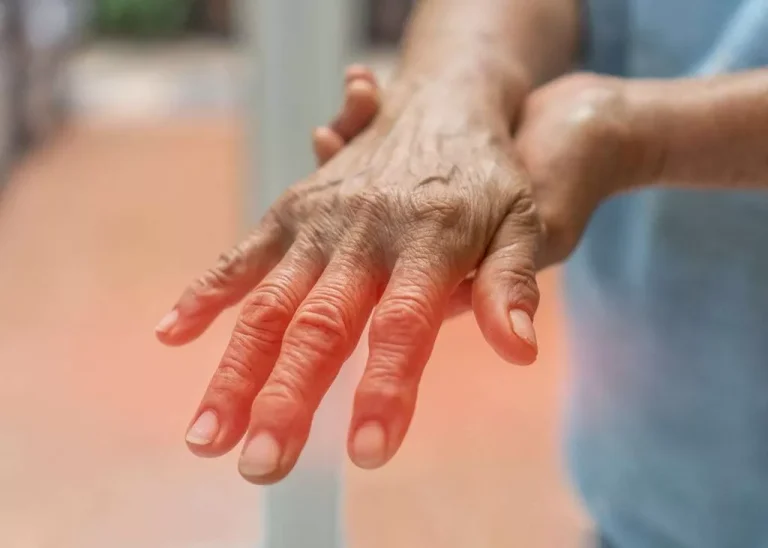
Tips for dealing with alcohol related night sweats
- This is a life threatening event requiring immediate medical care.
- Now, you can understand more about how alcohol sweats can happen.
The best thing to do is to contact an addiction rehab center for help. A known dysfunction of the sympathetic nervous system is one of the main factors in hyperhidrosis. The sympathetic nervous system is one of the areas of the brain affected by alcohol consumption.
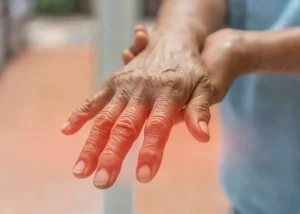
Health Conditions:
Women who are going through menopause may be more susceptible to alcohol-induced sweating. Another serious cause of alcohol-induced sweat is alcohol intolerance. Night sweats from alcohol occur for many of the same reasons you might sweat while drinking. If so, you’ve experienced the unpleasant phenomenon known as alcohol sweats. Alcohol-related liver disease also does not usually cause symptoms until the liver is severely damaged. Night sweats are often self-limiting and not a cause for medical intervention.
- Ria Health offers several FDA-approved medications for alcohol use disorder.
- Many experts say this is due to the way alcohol stimulates a person’s hypothalamus, which alters the hormones and chemicals in the body.
- Alcohol is a depressant that affects the central nervous system, leading to a range of physical and psychological effects.
- These pills help your body eliminate toxic acetaldehyde and process alcohol normally.
What Are Night Sweats?
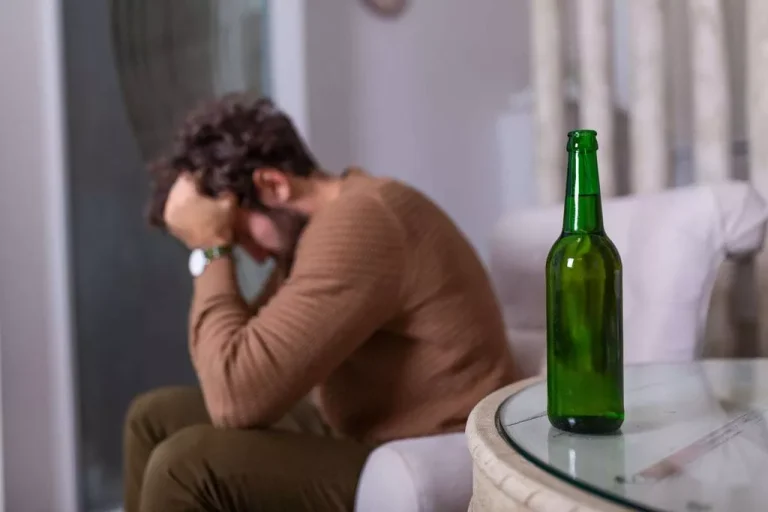
It’s essential to distinguish alcohol intolerance from addiction, as the former is a response to the body’s difficulty in breaking down alcohol rather than a psychological dependency. This symptom of withdrawal, along with most others, is temporary. Alcohol withdrawal can turn into a medical emergency if you’re not careful.
- Duration of symptoms can vary depending on the amount of alcohol a person has consumed, the rate at which their body processes alcohol, and their overall health.
- Alcohol affects the nervous system and can cause your blood vessels to tighten, which results in increased blood pressure.
- It might be a nice idea, but sweating or having night sweats won’t actually remove much of the alcohol from your system any faster.
Until that time has passed, you can take a shower and attempt to use body spray. While these measures might help (and a shower will almost certainly make you feel better), they are just temporary masks. With over 14 million adults in the U.S. struggling with Alcohol Use Disorder as of 2021, you’re not alone in this battle. Alcohol detox and rehabilitation programs offer proven https://ecosoberhouse.com/ paths to recovery, providing the support and resources needed to overcome addiction and reclaim your life. Those with prolonged, heavy drinking habits may experience more intense and longer-lasting night sweats.
- Deciding to cut back or quit drinking alcohol can be difficult, but it’s a powerful step towards improving your physical and mental health.
- Dehydration can disrupt the body’s ability to regulate temperature and may contribute to night sweats.
- Psychological factors, such as stress, anxiety, or post-traumatic stress disorder (PTSD), can contribute to night sweats, particularly when combined with alcohol consumption.
- When alcohol consumption stops, the body begins to detoxify itself through sweating.
These night sweats can be unsettling and disruptive to sleep patterns, requiring attention and understanding. A small amount of alcohol is broken down in your stomach lining, but your liver metabolizes most of it. Most of the alcohol you consume is broken down into byproducts through metabolism within your body. You probably don’t think of being sweaty as a good thing, but it serves an important function. Alcohol makes a lot of people sweat, so the more you drink, the more often you will be sweaty. When you consume a lot of alcohol, your body struggles to break it down efficiently, and some leftover ethanol ends up in your sweat and urine.
There are also other reasons why you might sweat while drinking alcohol. For example, you might be sweaty due to your drinking environment. This can lead to facial flushing, dizziness, rapid heartbeat, headache and nausea. The liver can only metabolize a certain amount of alcohol at one time, approximately one drink per hour. This is the equivalent of one 12-ounce beer, a 1.5-ounce spirit or a 5-ounce glass of wine, according to the National Institute on Alcohol Abuse and Alcoholism. When you drink more than this in an hour, alcohol builds up in body tissues and the bloodstream.
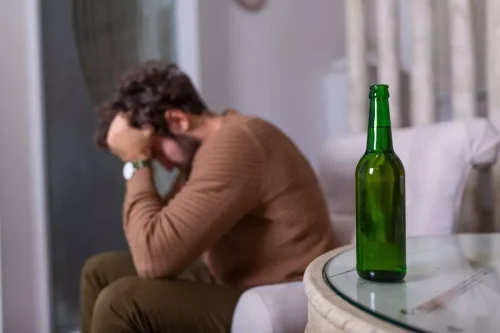
Why You Wake Up Sweaty After Drinking
Alcohol-induced night sweats are not uncommon in those who drink regularly or excessively. Shakiness, dizziness, heart palpitations, nausea, Drug rehabilitation headaches, or fatigue may also result. Understanding the potential impact of alcohol on health conditions and the body’s physiological processes is essential in managing night sweats.



